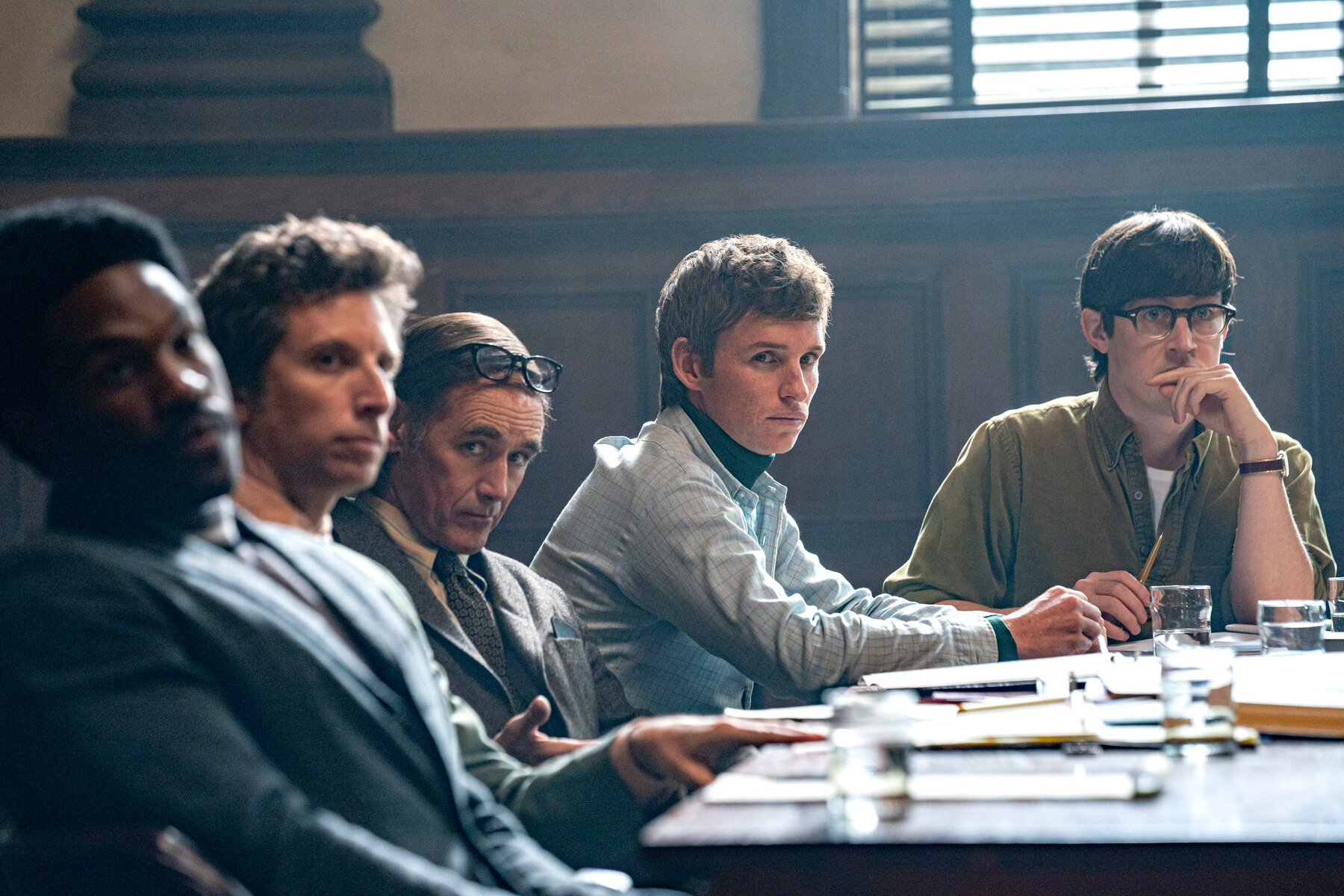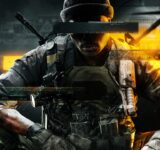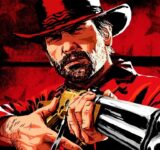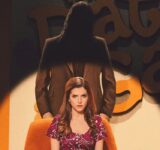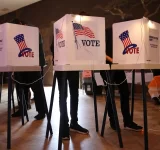The events depicted in The Trial of the Chicago 7 unfolded more than fifty years ago, but there is an undeniable air of relevancy to them. Helmed by the unapologetic partisan Aaron Sorkin, it’s a crackling courtroom drama filled with polished, snappy dialogue and an impressive cast that makes a difficult subject matter easily digestible for the masses.
Shortly after Nixon becomes president, his new attorney general John Mitchell (John Doman) assigns up-and-coming prosecutor Richard Schultz (Joseph Gordon-Levitt) a conspiracy case indicting eight members of the ‘radical left’ for causing riots during the 1968 Democratic Convention in Chicago. The accused include Tom Hayden (Eddie Redmayne) and Rennie Davis (Alex Sharp), who are focused on the human cost of the Vietnam war and strived to wage peaceful protests; there are also the Yippies Abbie Hoffman (Sacha Baron-Cohen) and Jeremy Rubin (Jeremy Strong) who took a more laid back (and possibly more dangerous) approach to the protests. There’s also David Delinger (John Caroll Lynch), a family man who has always been a pacifist, and Bobby Seale (Yahya Abdul Mateen II), a leader of the Black Panthers party who has been politically targeted, already in jail for the murder of a police officer.
On the legal side of things, there’s William Kunstler (Mark Rylance) the defense counsel for the seven, and Judge Julius Hoffman (Frank Langella), who is unabashedly biased against the defendants.
The cast is mostly excellent, with the conflict between Tom Hayden and Abbie Hoffman being one of the main engines of the narrative. Redmayne portrays his struggles between being a model citizen and trying to stand up for what’s right. Jeremy Strong’s vulnerable performance is delightfully different from his turn as the cocky but conflicted Kendall Roy on HBO’s Succession. Michael Keaton is compelling in just the two scenes he’s in, and Mark Rylance balances his frustrations and professionalism well.
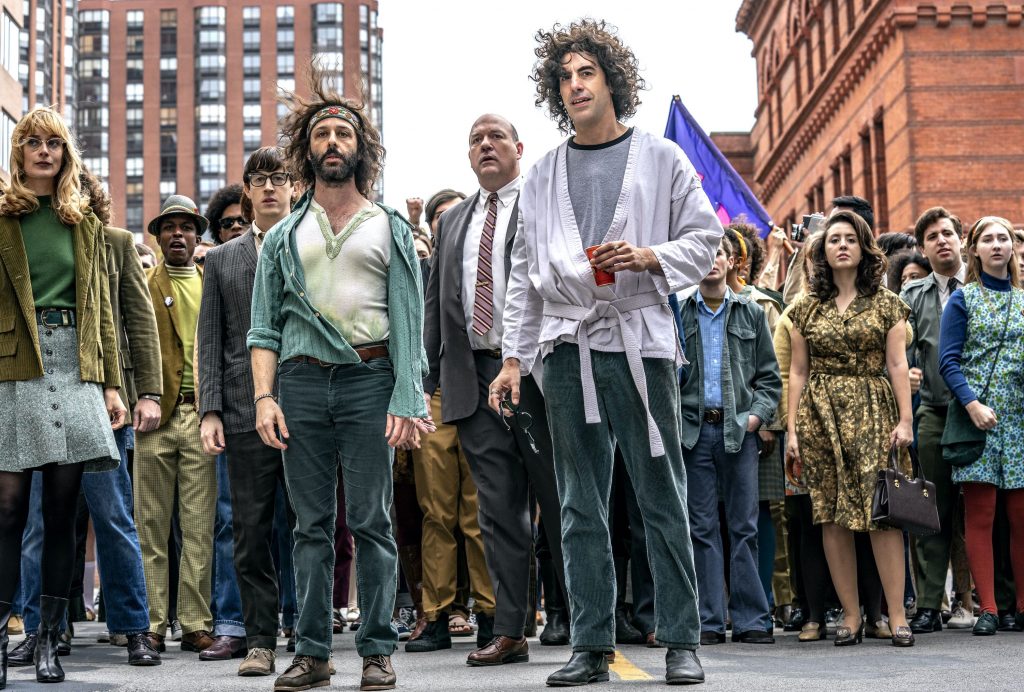
As entertaining the movie is, at times it does feel too polished for a story about a chaotic, messy time.
Even as the defendants face a difficult fate as their trial goes on and on, they never waver when it comes to words. The story also brushes over one pivotal moment, though it’s hard to realize that without added context. At one point, Bobby Seale was restrained and gagged for days during the trial. In the film, this happens only once, and the event is so horrifying that a conscientious Schultz recommends the judge to declare Seale’s case a mistrial.
There’s also the argument that Sorkin doesn’t go far enough in condemning the system for its unfair handling of the defendants. Sure, individual actors like John Mitchell and Judge Hoffman are singled out as being petty and incompetent, and the police are showed as taking off their badges and name tags before violence erupted. But these things feel like either a fluke or a natural consequence of the protestors’ actions.
The film is still absorbing, and as mentioned before, a timely arrival only a few weeks away from the US election.
“The script didn’t change to mirror the times, the times changed to mirror the script,” Sorkin mentioned on production notes. It’s a highly competent account of the trial that flourishes despite its embellishments. It’s a bit disappointing, for instance, to find out that Tom Hayden didn’t actually read out the names of over 4,500 American lives that had been lost in the war throughout the trial. Still, it’s a compelling cinematic moment, and the perfect note to end the story on.

